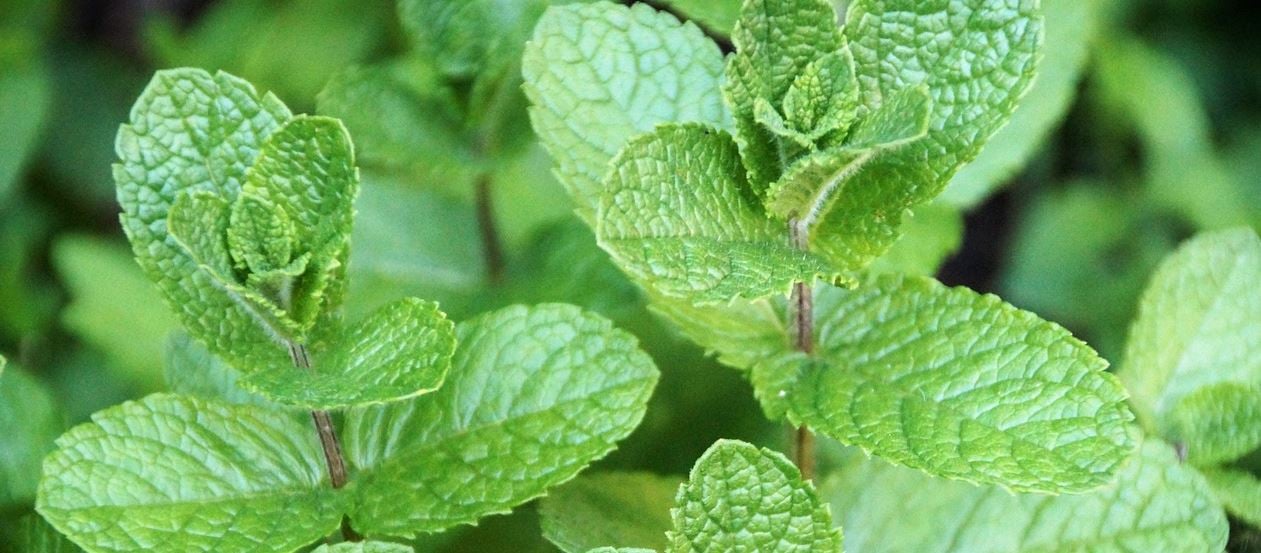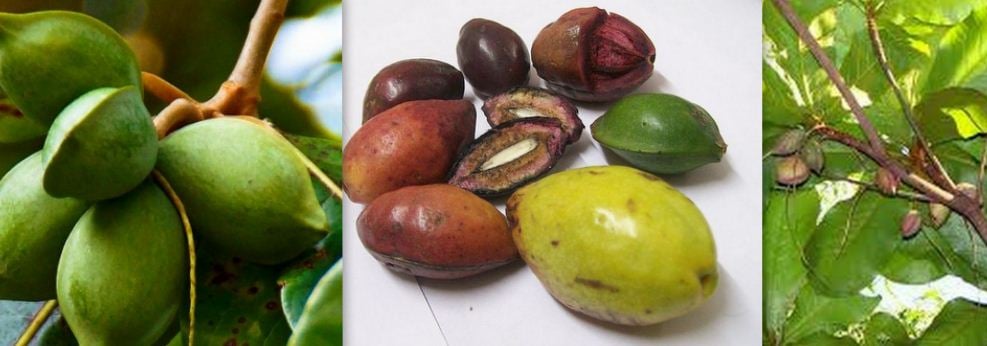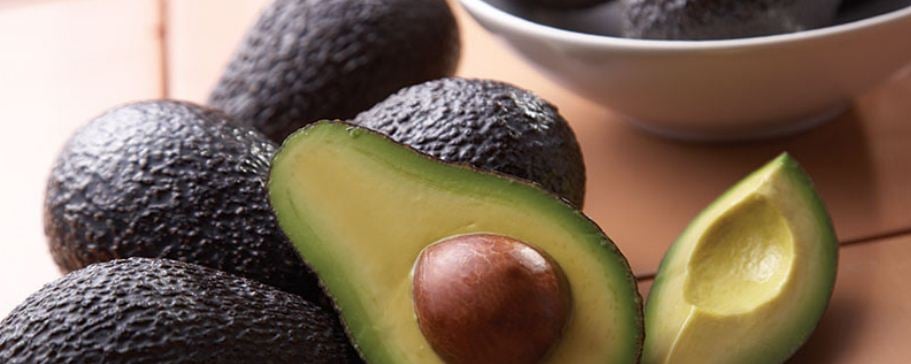Health Benefits of Mint Leaves

Mint leaves, belonging to the Mentha genus, are widely known for their refreshing flavor and cooling sensation. This versatile herb is available in various forms, such as fresh or dried leaves, essential oils, and supplements.
With a rich history of medicinal and culinary uses, mint leaves offer many health benefits. This article delves into the top 25 health benefits of mint leaves and includes some recipes you can have in your daily diet plan.
25 Health Benefits of Mint Leaves: Unlock the Power of This Refreshing Herb
With many applications, from soothing digestive issues to improving mental alertness, mint leaves are a versatile and beneficial addition to your daily routine. More than 25 health benefits of mint leaves will be explored in this article.
1. Rich in Nutrients
Mint leaves are packed with essential nutrients that contribute to overall health. A small serving of about 1/3 cup (14 grams) of spearmint provides:
Calories: 6
Fiber: 1 gram
Vitamin A: 12% of the RDI
Iron: 9% of the RDI
Manganese: 8% of the RDI
Folate: 4% of the RDI
Vitamin A is considered crucial for healthy immune function, and you can also get some antioxidants in the mint leaves, which protect the body from free radicals.
The calcium found in mint leaves helps to release the mint oil into the air. The oil is one of the reasons people enjoy eating and breathing mint leaves so much.
2. May Improve Digestive Health
Mint leaves can help alleviate digestive issues, including indigestion and irritable bowel syndrome (IBS). Research has proved that peppermint oil capsules can significantly improve IBS symptoms compared to a placebo. The menthol compound in peppermint oil is known to relax the digestive tract muscles, which can help relieve IBS symptoms.
Moreover, research indicates that consuming peppermint oil with meals can speed up the transit of food through the stomach, reducing indigestion, bloating, and stomach pain symptoms. It's important to note that most studies supporting mint's digestive benefits used peppermint oil rather than raw or dried leaves.
3. Supports Respiratory Health
Mint leaves have been traditionally used to treat respiratory problems, including colds, flu, and asthma. The menthol in mint leaves can thin mucus and eliminate phlegm, relieving cough and congestion. Furthermore, rosmarinic acid in peppermint leaves has antioxidant properties that neutralize free radicals, reducing inflammation in the airways and easing asthma symptoms.
4. Promotes Oral Health and Fresh Breath
Mint leaves have long been associated with oral hygiene thanks to their antibacterial properties and refreshing aroma. Chewing on fresh mint leaves or drinking mint tea can help mask bad breath and reduce bacteria in the mouth.
Peppermint oil has shown potential in fighting oral health-related problems. This helpful oil was found to be a practical alternative in eliminating the effects of bad breath compared to other standard treatment routes.
5. Enhances Cognitive Function
Inhaling the aroma of mint essential oils may improve cognitive function, memory, and alertness. Studies have demonstrated that peppermint oil's scent can significantly improve memory and increase mental alertness. Elaborate studies are still required on the effects of mint and its impact on the brain.
6. Relieves Pain Associated with Breastfeeding
Breastfeeding mothers often experience sore and cracked nipples, making nursing painful and challenging. Research has shown that peppermint water or menthol essential oil on the nipples after each feeding can effectively prevent nipple cracks and reduce pain. Applying mint essential oil to the skin can help alleviate breastfeeding pain and promote healing.
7. It may Alleviate Cold Symptoms.
Peppermint oil, a common ingredient in over-the-counter cold and flu remedies, contains menthol as the primary compound. Although menthol doesn't function as a nasal decongestant, it can provide subjective relief from cold symptoms by improving the sensation of breathing through the nose.
8. Skin and Hair Benefits
Mint leaves can offer various benefits for skin and hair health. Their soothing and anti-inflammatory properties help reduce skin redness, irritation, and inflammation.
Additionally, mint leaves can be used in sugar scrubs to invigorate the skin and improve complexion. For hair, a strong tea made from mint and nettle leaves can act as a hair rinse, combating dandruff and promoting hair growth.
9. Antioxidant Properties
Mint leaves are rich in antioxidants that help secure your body system from the oxidative stress caused by free radicals. These antioxidants support overall health by reducing inflammation, preventing cell damage, and promoting immune function.
10. It may Aid in Weight Loss.
Mint leaves can play a role in weight loss by stimulating the release of digestive enzymes and promoting proper digestion. This, in turn, helps absorb nutrients from food and evenly distributes fat in the body.
11. Natural Remedy for Headaches and Migraines
Excessive noise can lead to headaches and migraines, so the area where you spend a lot of time should always be well-ventilated. Applying a mint-based balm or essential oil to the forehead can quickly ease headache pain. Mint leaves are often used because they relieve your head and are a natural ingredient.
12. May Boost Female Fertility
Some studies suggest that mint leaves can improve female fertility by regulating hormones and promoting a healthy reproductive system.
13. It helps in Managing Stress and Depression.
Mint leaves possess natural stimulant properties that can help reduce stress and depression. The refreshing aroma of mint can provide an uplifting effect, improving mood and promoting relaxation.
14. Treatment of Seasonal Allergies and Fever
Mint leaves can help alleviate seasonal allergies and fever by inducing histamine release in the body, reducing symptoms, and providing relief.
15. Antibacterial and Antifungal Properties
Mint leaves exhibit antibacterial and antifungal properties, effectively combating various infections.
Research has shown that peppermint oil can stop the excessive growth of bacteria such as Helicobacter pylori, Salmonella enteritidis, Staphylococcus aureus, and certain fungi.
16. It May Improve Liver Function
Peppermint leaves can support healthy liver function by improving bile flow from the liver to the gallbladder. Increased bile flow aids digestion by breaking down fats and reducing bad cholesterol, lessening the strain on the liver.
17. Treatment of Skin Problems
Mint leaves can be used as a herbal remedy for various skin issues such as hives, rashes, poison oak, or poison ivy. Topical creams containing mint leaves can provide a soothing and healing effect on the skin.
18. It May Enhance Memory
The pungent aroma of mint leaves has been shown to enhance memory and increase mental alertness. Mint oil is widely used in aromatherapy products for stress management and cognitive support.
19. It may Help Relieve Nausea.
Mint leaves can provide relief from nausea and morning sickness during pregnancy. Chewing on fresh mint leaves or drinking mint tea can calm upset stomachs and reduce the urge to vomit.
20. May Benefit Breastfeeding
Mint leaves can help reduce breastfeeding pain and promote the healing of cracked nipples. Applying mint essential oil or compresses made from mint leaves can soothe and soften the affected area.
21. It May Help Treat Depression and Anxiety
Inhaling the aroma of mint leaves or consuming mint tea can help alleviate symptoms of depression and anxiety. Mint's natural stimulant properties can provide an uplifting effect, improving mood and promoting relaxation.
22. Popular Ingredients in Food and Beverages
Mint leaves are popular in various food and beverage recipes, including teas, alcoholic drinks, sauces, salads, and desserts. Their refreshing flavor and cooling sensation make them a versatile addition to many dishes.
23. Used in Cosmetic and Personal Care Products
Mint leaves are widely used in cosmetic and personal care products like toothpaste, mouthwash, and skin and hair care. Their soothing and cooling properties make them ideal for promoting overall health and well-being.
24. It May Help Treat Insomnia
The calming and relaxing effects of mint leaves are known to improve sleep quality and treat insomnia. Drinking a cup of mint tea before bedtime is sure to aid in relaxation and for a restful night's sleep.
25. Anti-Cancer Properties
Research suggests that mint leaves contain phytonutrients that may inhibit the growth of cancerous tumors in the pancreas, liver, and mammary glands.
Additionally, a compound called menthol found in mint leaves may help prevent the development of prostate cancer.
Incorporating Mint Leaves into Your Diet
Mint leaves can be easily added to your diet in various ways, such as in salads, smoothies, or as a meal garnish. Drinking peppermint tea is another popular method for reaping the health benefits of mint. It's essential to consider the specific health benefits you're seeking and how mint leaves were used in research to achieve them.
Mint leaves can be incorporated into meals in various ways, such as:
1. Adding them to salads: Mint leaves add a refreshing flavor to any salad. Cut them into small bits and sprinkle them on your favorite salad.
2. Using them as a garnish: Mint leaves are great for cocktails, smoothies, and desserts. Place a mint sprig on your drink or dessert for a pop of color and flavor.
3. Infusing water: Add a few fresh mint leaves to your water bottle for a refreshing and healthy drink. You can add other fruits and herbs to create a delicious infused water.
4. Making mint pesto: Like basil pesto, mint pesto is a delicious addition to pasta dishes, sandwiches, and salads. Fresh mint leaves are blended into garlic, parmesan cheese, olive oil, and pine nuts until it becomes a smooth paste.
5. Using them in marinades: Mint leaves can add flavor to meat marinades. Mix fresh mint leaves with olive oil, lemon juice, and your favorite spices before marinating your meat.
Overall, mint leaves are a versatile ingredient that can add flavor, color, and health benefits to any meal.
Potential risks associated with consuming mint leaves
While mint leaves are generally safe for consumption, there are a few potential risks.
Firstly, for people with gastroesophageal reflux disease (GERD), consuming mint leaves can exacerbate symptoms such as heartburn and indigestion. Mint leaves benefit the body by relaxing that area and letting stomach acid flow through.
Secondly, mint leaves can lower blood sugar levels, which may concern people with diabetes who are taking medication to lower their blood sugar. No specific limit exists, but levels should always remain at 3.9%-7.8%. Diabetes patients need to know how their body reacts to mint leaves so they know how much to consume.
Lastly, some people may be allergic to mint leaves. If you experience hives, swelling, or difficulty breathing after consuming mint leaves, seek medical attention immediately.
While consuming mint leaves is generally considered safe, you must know their side effects and consult your healthcare practitioners if you have any concerns.
Are there any particular age groups that should avoid consuming mint leaves?
Overall, mint leaves are a great addition to a healthy diet and can be enjoyed by people of all ages in moderation. There are no specific age groups that should avoid consuming mint leaves.
However, it is recommended to avoid giving mint leaves to babies under the age of 6 months as it may cause an allergic reaction or upset the baby's stomach. It is wise to always contact your healthcare professional before introducing new foods or herbs to infants and young children.
For adults, consuming moderate amounts of mint leaves is generally safe and even beneficial for digestion and respiratory health. However, people with gastroesophageal reflux disease (GERD) or other digestive issues may want to avoid consuming large amounts of mint as it can exacerbate symptoms.
In conclusion, mint leaves offer many health benefits, from improving digestion and respiratory health to promoting oral hygiene and overall well-being. You can use their refreshing and health-promoting properties by incorporating mint leaves into your daily routine.




